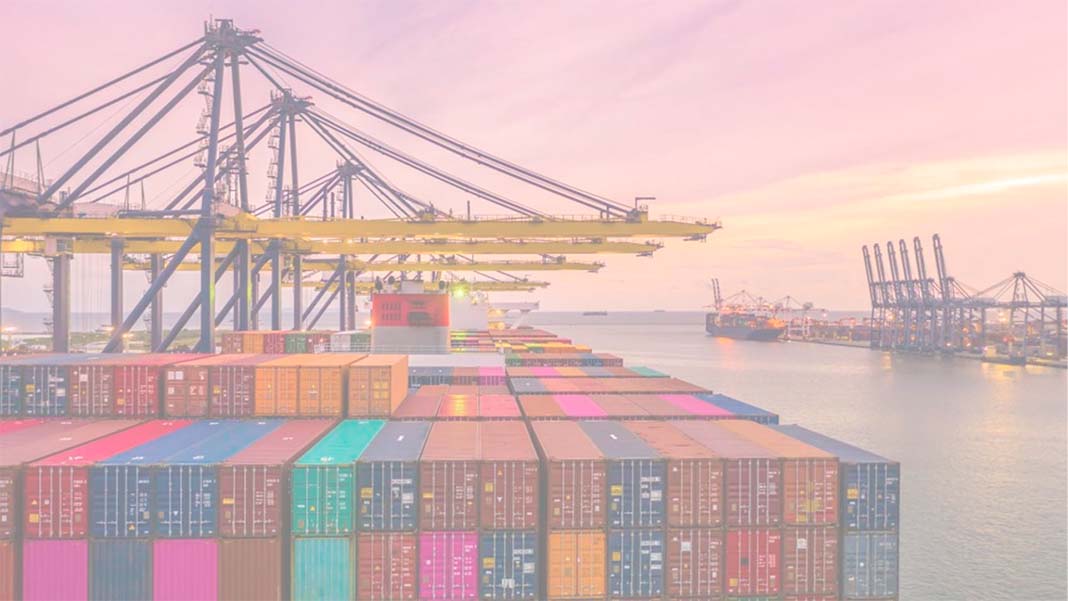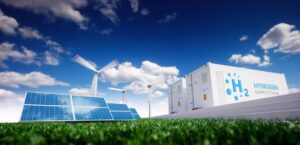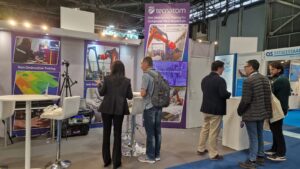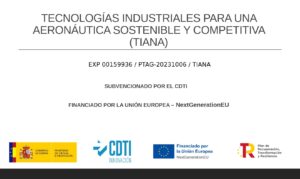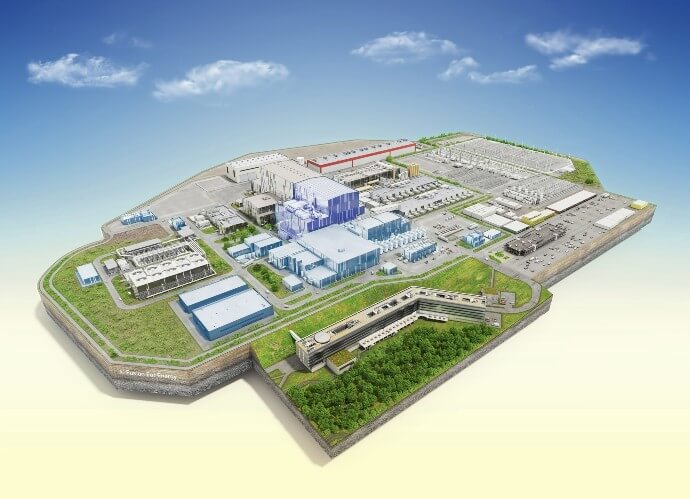In 2030 there is expected a 50% increase in the volume of goods movement compared to that recorded in 2001. An increase in transport needs will be accompanied by an equivalent increase in the impact on the environment produced by said transport and its associated infrastructures.
Furthermore, society is demanding a greener energy generation as well as more electrified transport to reduce polluting emissions and improve air quality in cities.
Having this in mind, various sectors are key to achieving these objectives and advancing towards a real energy and sustainable transition, both from an ecological and social point of view.
So far, the optimization of logistics processes with a view to greater energy efficiency and emissions reduction is costly, not scalable and expensive.
However, there is a solution: the Dual Digital Twin (DDT).
The DDT enhances the acquisition of logistics and energy data to optimize these two processes in different areas such as automotive, consumer goods, logistics, airports, ports, etc. It is also a reliable and secure decision-making tool.
Thanks to the analysis of weather and energy price forecast data and a virtual replication of logistics and energy processes, the DDT can provide answers to questions such as:
• Which logistics strategy is the most suitable for reducing emissions?
• How do I optimize the use of renewable sources and consumption of my facilities to increase profits?
• How can I become completely self-sustainable?
Digital twins provide near real-time information on what is happening in the facilities. They can detect incipient and complex failures, thanks to the monitoring of the most relevant parameters and what could happen (what if scenarios). That is made by altering certain parameters and how they would improve (or not) the energy and logistics processes.
In a simple, fast, and risk-free way, you will know how your logistics and energy processes are related in order to optimize both your logistics and energy strategies. And thus, reduce transport costs and electricity bills, minimize Greenhouse Gas (GHG) emissions, maximize your economic returns and increase your logistics capacity.
Based on our experience in different projects, we estimate that DDT can obtain the following benefits:
• Increased energy and logistics efficiency: 5-10%.
• Reduction of emissions by maximizing self-consumption in production and logistics processes: 3-7%.
• Maximization of economic returns by optimal management of the renewable generation installation with batteries, adapting it to logistics activity, weather and electricity tariff forecasts: 15-20%.
• Logistics processes that require stock can be reduced by up to 10 days per year.
• Increase in logistics capacity by 10-25% depending on the type of process.
• Progressive adaptation to remote work in the tasks that allow it.
With DDT we want to support you so that your facilities are at the forefront of digitization and sustainability.

